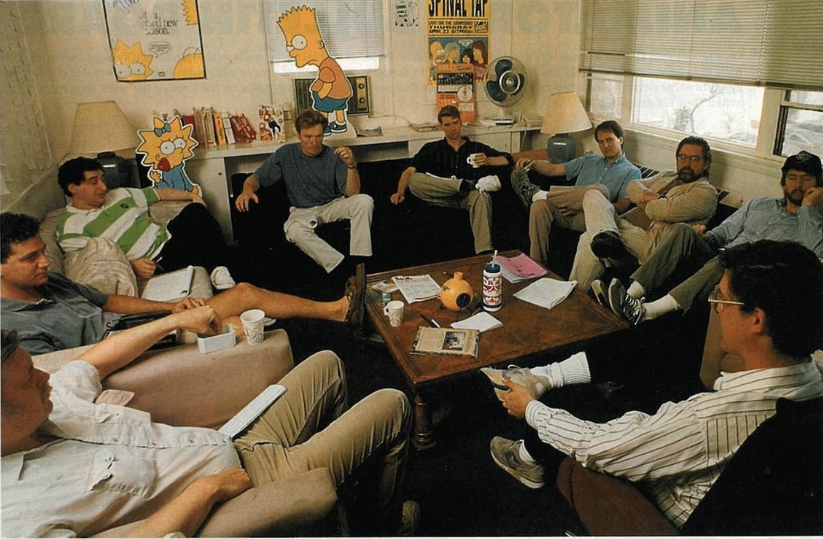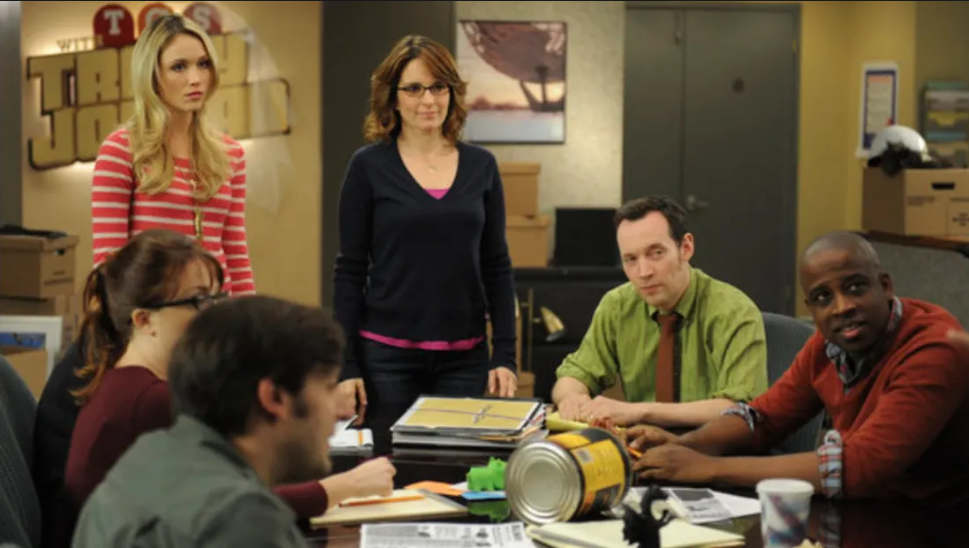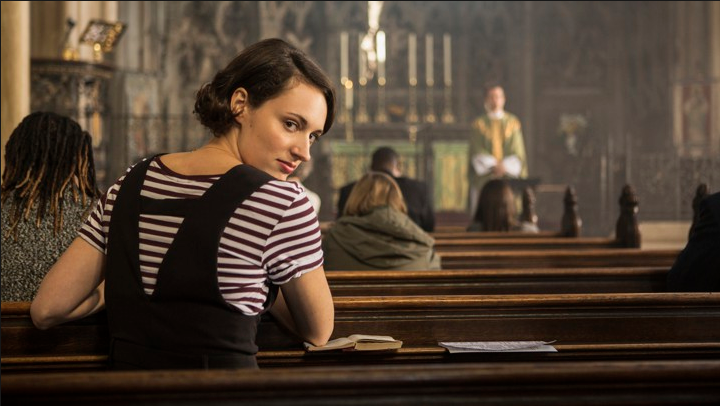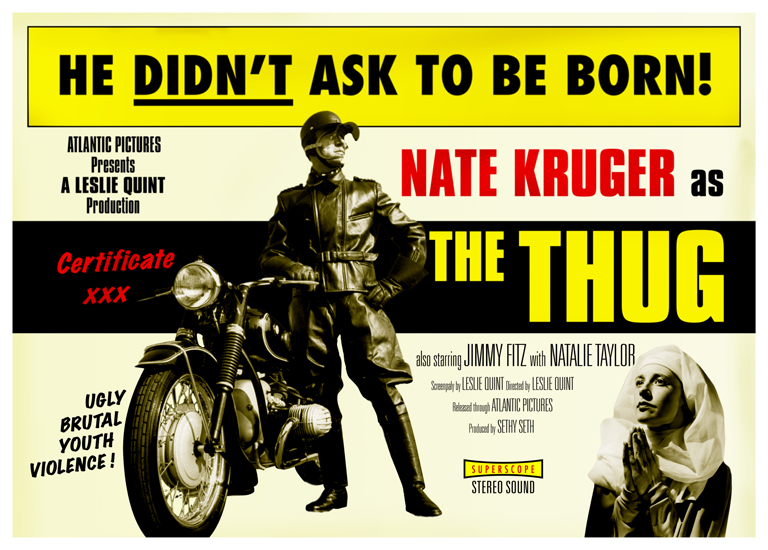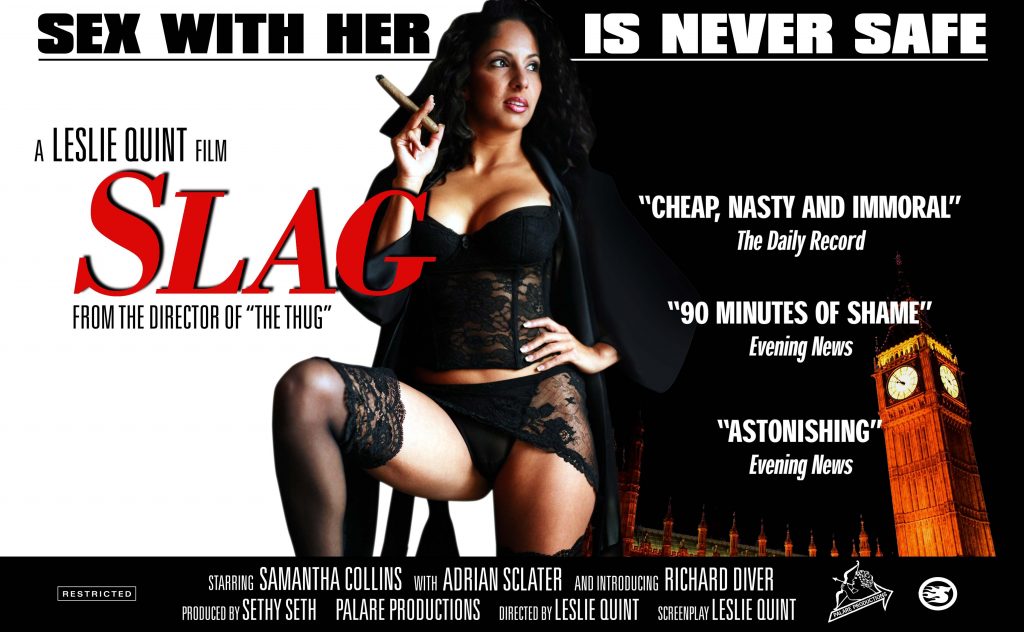There was a bit of a hoo-ha recently when it was reported that ITV’s Head Of Comedy, Saskia Schuster has banned all-male comedy writing teams.
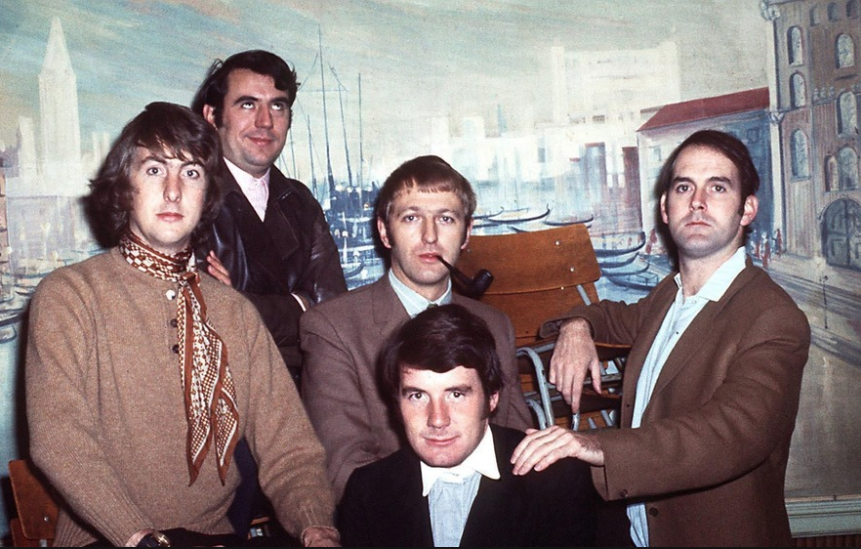
Monty Python (less Terry G) 1969: arguably the most famous comedy writing team ever. The Oxbridge graduates used to meet regularly upstairs at Soho’s famous Nellie Dean pub in Soho. Women need not apply.
This lead to all sorts of misguided and unhelpful online outrage about men being marginalised so women could be fast-tracked into the British comedy industry, regardless of merit.
Now, as anyone with even a Trump-sized brain knows, this is not discriminating against men. It’s a laudable attempt to redress the balance in what has historically been a male-dominated space.
Writer and performer Brona C Titley offered this excellent response in The Guardian, which compelled me share my own experience of working in a comedy writers’ room.
My sole experience is an odd one, and not much fun.
I worked on a (thankfully) failed attempt to replicate a US late-night talk show for UK audiences. I spent several weeks trapped in a braying sausage fest, all white men, leftovers from Loaded magazine.
My overriding memory is just how exhausting it was. All the banter about ‘fit birds’ and ‘’aving it large’ (whatever the fuck that means) turning to tedious white noise.
Funny thing is, I was completely marginalised and ignored throughout the process even among ‘my own kind’, because I was the only one in the room who knew nothing about football and wasn’t a lad, thereby somehow invalidating my input.
This wasn’t an awful experience because they were all white men, but because they were monstrous arseholes who happened to be white men. But the fact there was no diversity didn’t help.
You gather together one type of ANYBODY in a room and the experience will nosedive pretty fast.
I’ve had incredibly satisfying creative collaborations exclusively with white men, exclusively with white women, and with a diverse mix of talented people.
Crucially, I’ve also had awful experiences working with all of the above.
Equality and diversity should be encouraged in every endeavour; Titley’s article is bang on. It’s tragic we still even have to say this. But what irks me is that such dialogue in the public space often rapidly descends into identity politics. Which is a cop out.
Monty Python, a lot of whose output has dated horribly, will always be a profound influence. As is Peter Cook and Peter Sellers. As is Jerry Seinfeld and Robin Williams. But I don’t admire them because they are all white men. But because their comedic brains resonate with me. Still do.
The greatest thing about the greatest comedy is that it transcends class, race and gender.
Alternatively, Fleabag, the best comedy I’ve seen in a long time, isn’t superb because Phoebe Waller-Bridge is a woman, it’s because she’s a phenomenal writer, actor and director. But thank God we live in times where she was given the opportunities to gift the world her brilliantly warped mind.
Because, as Titley correctly asserts, everyone who works in the creative industry does so because they were given an opportunity.
There is no doubt that diversity tends to birth infinitely more interesting work – IF the chemistry is there. And I think that’s crucial for me. That’s how you create your best work and ultimately, it’s the work that counts.
Bottom line, I don’t really give a shit who is in the room with me as long as they bring something to the table.

